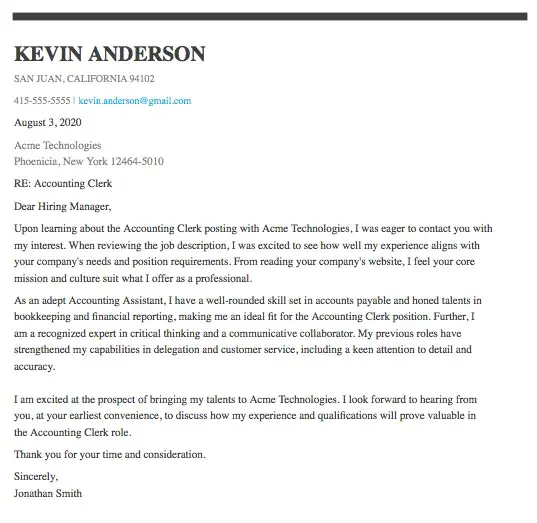Career Planning Tools for Students: The Key to Making Informed Career Decisions
Choosing a career path can be overwhelming for students, especially with the vast array of options available. Career planning is essential to help students identify their interests, strengths, and goals, and align them with the right educational path and job opportunities. Career planning tools are invaluable resources that guide students through this process, helping them make informed decisions that will shape their futures. In this article, we explore some of the best career planning tools for students, how they work, and why they are crucial for success.
Online Career Assessments: Discover Your Strengths and Interests
One of the first steps in career planning is to identify a student’s interests, strengths, and weaknesses. Online career assessments are an excellent tool for helping students gain a better understanding of their skills and passions. These assessments typically include personality tests, aptitude tests, and interest inventories that can provide insights into which careers might be the best fit.
Some popular career assessment tools include the Myers-Briggs Type Indicator (MBTI), StrengthsFinder, and the Holland Code Career Test. These assessments not only help students understand their personal preferences but also suggest career paths that align with their unique profiles.
Career Exploration Platforms: Learn About Different Careers
Once a student has a clearer idea of their strengths and interests, the next step is to explore potential career options. Career exploration platforms offer a wide range of resources to help students research different professions, industries, and job roles. These platforms provide detailed job descriptions, required skills, salary expectations, and even potential career advancement opportunities.
Websites like O*NET Online, MyNextMove, and CareerOneStop allow students to explore a variety of professions, find job prospects, and learn about the educational qualifications needed for different roles. These platforms provide crucial insights that can help students make more informed choices about their career paths.
Internship and Volunteer Programs: Gain Real-World Experience
Gaining hands-on experience is an important part of career planning, and internship and volunteer programs are fantastic tools to help students explore various fields. Internships allow students to apply their knowledge in real-world settings, while volunteer work can provide opportunities to gain experience in areas that may be difficult to access through traditional academic channels.
These experiences not only help students build their resumes but also offer valuable networking opportunities that may lead to future job offers. Many universities and online platforms, such as LinkedIn, offer internship and volunteer programs specifically tailored for students in different fields.
Mentorship Programs: Learn from Professionals
Mentorship programs offer students the opportunity to connect with experienced professionals who can provide guidance, advice, and support throughout their career planning journey. A mentor can offer insight into specific industries, provide career advice, and help students navigate the complexities of their chosen profession.
Many universities and organizations offer mentorship programs, and online platforms such as SCORE and LinkedIn also have networks of mentors available to students. Building relationships with mentors can be invaluable for students as they gain advice and build confidence in their career decisions.
Job Search and Networking Platforms: Find Opportunities and Build Connections
Once students have completed their educational path and have a clearer idea of their career direction, they can begin searching for job opportunities. Job search platforms, such as Indeed, Glassdoor, and LinkedIn, are crucial tools for students as they enter the workforce. These platforms provide access to job listings, company reviews, and networking opportunities.
Additionally, networking platforms like LinkedIn allow students to connect with professionals in their desired field. Networking with alumni, professors, and professionals through these platforms can lead to potential job offers and career advancement opportunities.
Frequently Asked Questions (FAQs)
Q1: What are career planning tools?
A1: Career planning tools are resources designed to help students and professionals assess their skills, interests, and career options. These tools may include career assessments, career exploration platforms, mentorship programs, internships, and job search tools.
Q2: How can career assessments help students?
A2: Career assessments help students identify their strengths, interests, and personalities, which can provide insight into which career paths may be the best fit. These assessments can also guide students in making informed decisions about their education and career goals.
Q3: What are the best career exploration platforms?
A3: Some of the best career exploration platforms include O*NET Online, MyNextMove, and CareerOneStop. These platforms allow students to explore a variety of careers, learn about required skills, job outlook, and salary expectations, and make informed career decisions.
Q4: Why are internships and volunteer programs important for students?
A4: Internships and volunteer programs provide students with hands-on experience in their desired field, helping them gain real-world skills and build a professional network. These programs can also improve students’ resumes and increase their chances of securing future job offers.
Q5: How can mentorship programs help students with career planning?
A5: Mentorship programs connect students with experienced professionals who can provide advice, guidance, and support in their career development. Mentors offer valuable insights into the industry, career paths, and help students navigate challenges and make informed decisions.
